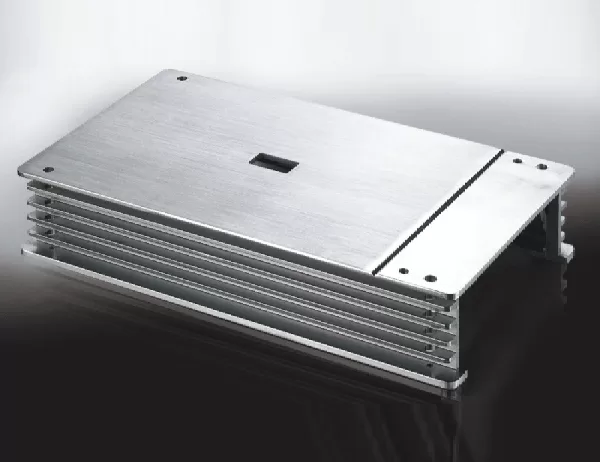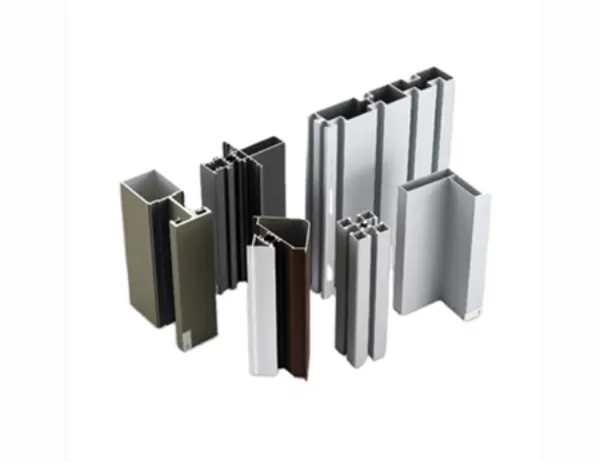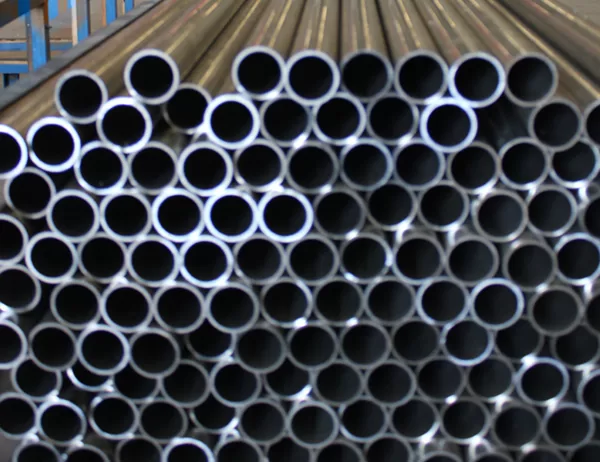Harnessing the power of the sun through solar panels is an environmentally friendly and cost-effective way to generate electricity. Selecting the right aluminium profile plays a crucial role in the performance and durability of your solar panel system. Here’s a comprehensive guide to assist you in making an informed choice.
Factors to Consider
1. Type of Solar Panel:
Different types of solar panels, such as crystalline silicon and thin-film, have specific mounting requirements. Ensure that the aluminium profile is compatible with the panel type you intend to install.
2. Load-Bearing Capacity:
The aluminium profile must be strong enough to support the weight of the solar panels, especially in high-wind areas. Consider the wind load and snow load ratings as per the local building codes.
3. Corrosion Resistance:
The aluminium profile will be exposed to harsh weather conditions, including rain, snow, and salt spray. Choose a profile made of corrosion-resistant alloys, such as 6063-T5 or 6005-T5, to ensure longevity.
4. Profile Shape:
The shape of the aluminium profile affects the panel’s tilt angle, which influences energy yield. Common profiles include Z-shaped, L-shaped, and C-shaped. Select a profile that optimizes performance based on your location and roof specifications.
5. Installation Method:
Choose a profile that aligns with your preferred installation method, whether it’s roof-mounted, ground-mounted, or integrated with the roof. Consider the ease of installation, labour requirements, and overall system aesthetics.
6. Compatibility with Flashing:
Flashing is used to seal the area around the solar panel and prevent water leakage. Ensure that the aluminium profile is compatible with the flashing material and system to maintain a weather-tight connection.
Additional Considerations
1. Warranty:
Look for aluminium profiles with a substantial warranty. This provides peace of mind and protects your investment in the event of any defects or premature failure.
2. Cost:
Aluminium profiles vary in cost depending on factors such as alloy, shape, and features. Determine the optimal balance between quality, performance, and cost that fits within your budget.
3. Manufacturer Reputation:
Choose aluminium profiles from reputable manufacturers with a proven track record in the solar industry. This ensures quality, reliability, and support.
4. Maintenance:
Regular cleaning and inspection are essential for maintaining the performance and lifespan of your solar panels. Select aluminium profiles that are easy to clean and inspect, minimizing maintenance requirements.
Conclusion
Selecting the best aluminium profile for your solar panels is a crucial decision that affects the overall performance and longevity of your system. By carefully considering the factors outlined in this guide, you can make an informed choice that optimizes energy yield, durability, and cost-effectiveness. Remember to consult with a qualified solar installer for professional advice and installation tailored to your specific needs.




